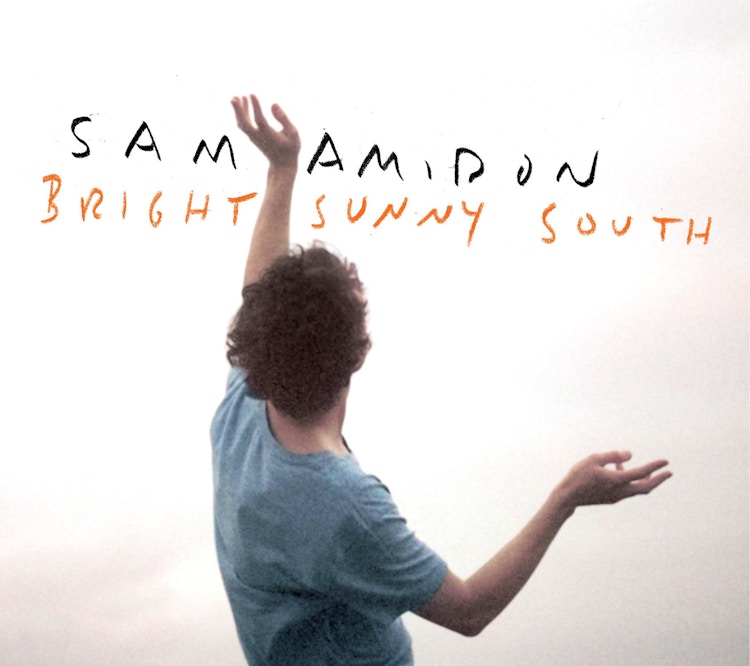"Bright Sunny South"

The albums that stick with you, and I mean really stick with you, the one’s that become woven into the fabric of your very existence are often some of the most unassuming. More often that not, they enter your life under some magical circumstance, soundtracking it for months at a time and leaving an indelible mark on your memories. It is usually without warning they will seep into your consciousness evoking such strong emotional connections to a time, a place or a person that they can often be hard to return to.
One such album for me was Sam Amidon’s 2008′s All Is Well. Ostensibly a reworking of traditional (mostly Appalachian) folk songs, the album possessed a rarified beauty in its fragility. Amidon’s voice breaks, the orchestra swells and the stories of heartbreak and loss unfold on an album so perfectly crafted in its arrangement and production would be, to my ears, impossible to follow up. In 2010 Amidon released I See the Sign. Markedly more immediate than its predecessor, it was a strong release yet it lacked the ineffable grace previously present.
Three years on and Vermont born Amidon is no longer recording with Reykjavik based collective Bedroom Community, but has moved to London to start a life with folk singer Beth Orton. Working with long time collaborator Thomas Bartlett (with who he recorded his first album) and multi-instrumentalist Shahzad Ismaily, this album tones down the lush orchestration and electronics of the previous two and instead brings out the more Jazz inspired elements of his work.
One of the many idiosyncrasies of Amidon’s past is his time spent studying under free-jazz violinist Leroy Jenkins and this influence can be very clearly heard in tracks such as ‘I Wish I Wish’ with it’s exploratory trumpet solo. That is not to say, however, that this is a Jazz record. There are certainly elements throughout but the strongest influence is still clearly his love of traditional music; the songs are performed with an almost reverential respect of the source material. Tracks such as the hypnagogic ‘Pharaoh’ and the beautiful title track showcase not only his love but his innate understanding of the appalachian vocal style. Each trill and warble evokes the beautiful but desolate landscapes from which most of these songs hail. On tracks such as ‘As I Roved Out’ and ‘Streets of Derry’, his playing (banjo and fiddle respectively) comes to the forefront and as with most of this album, is incredibly impressive.
While this album is by no means a huge leap forwards for Amidon (some could argue it’s a retreat to more familiar territory) , for me this is not a problem. What he does well here, and has always done well, is to embody traditional music; its harmony, its lyrical themes, and at the same time imbue the music with a vitality that never feels forced or disrespectful of its roots. Even the inclusion of a Mariah Carey cover (an unusual cover is commonplace on Amidon’s albums) doesn’t ever feel cheap or gimmicky and is handled with the same respect that makes this a truly sincere and beautiful album.
Get the Best Fit take on the week in music direct to your inbox every Friday

Tunde Adebimpe
Thee Black Boltz

Julien Baker & TORRES
Send A Prayer My Way

Bon Iver
SABLE, fABLE





